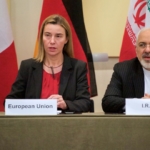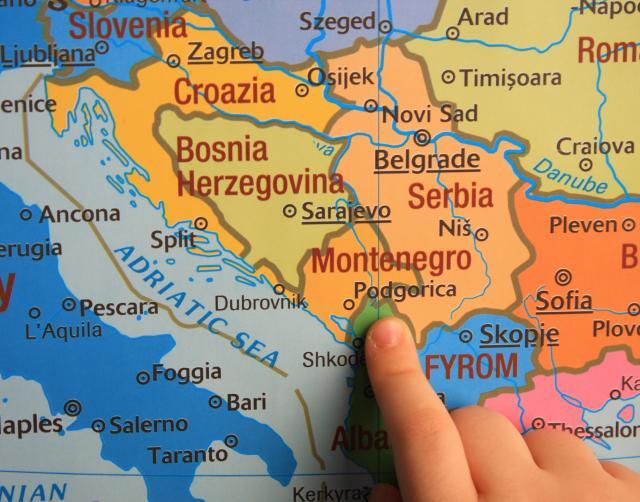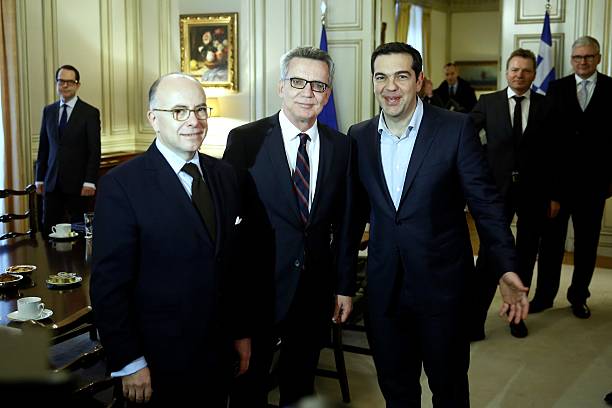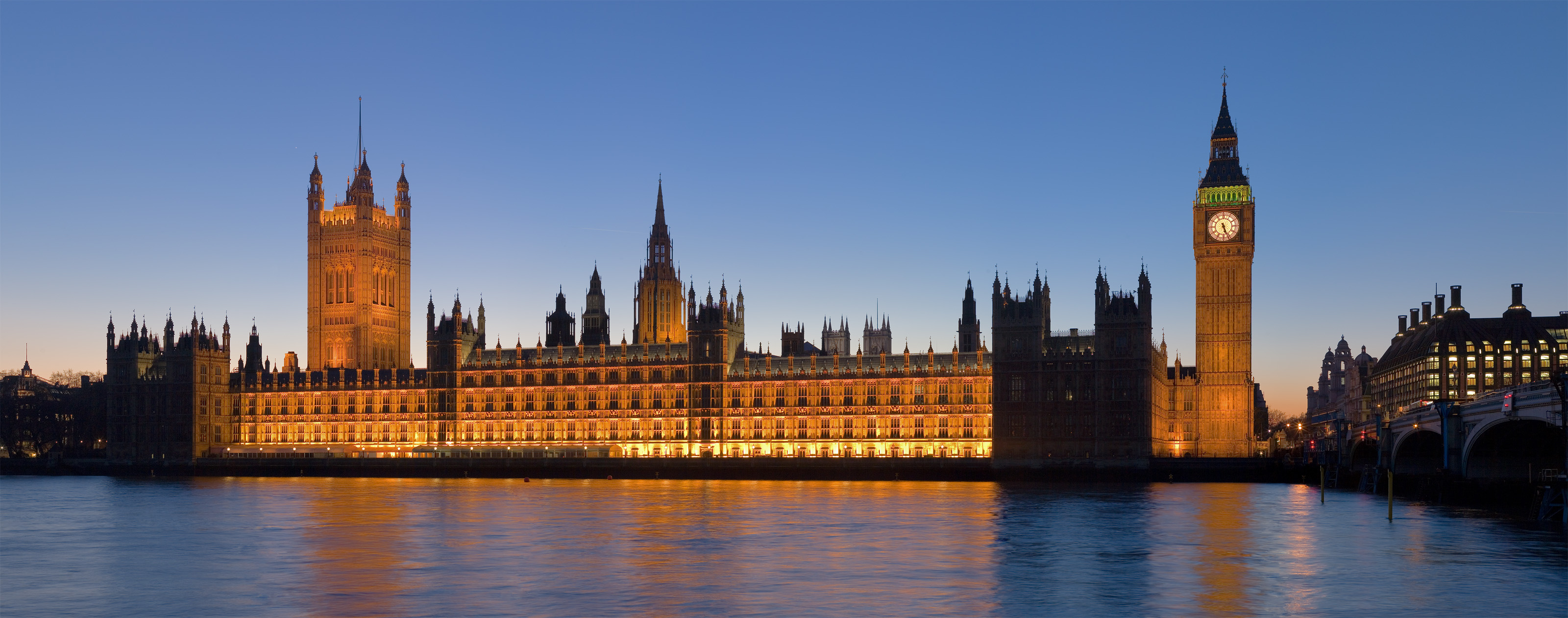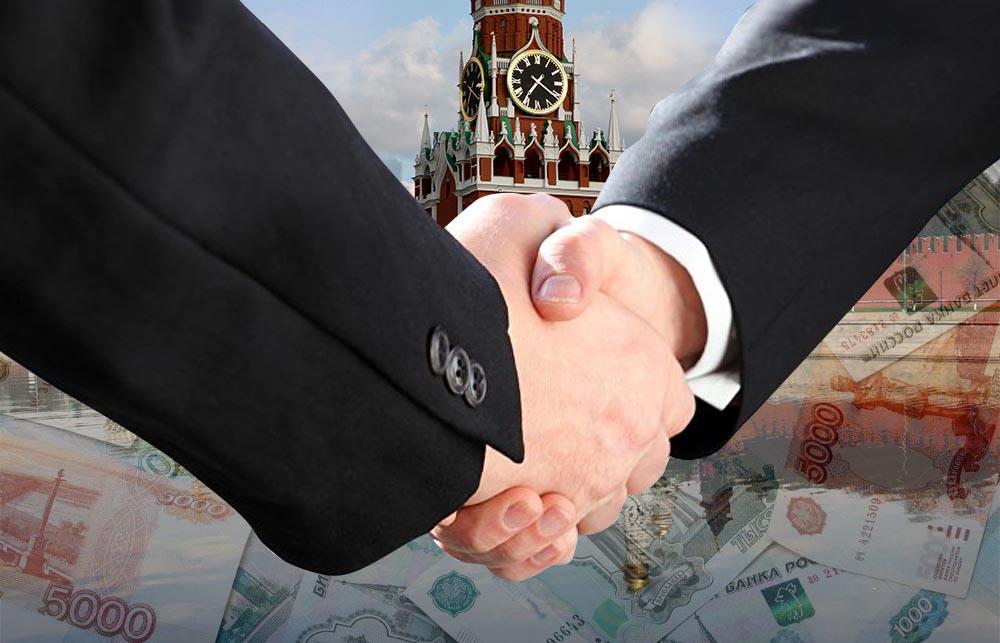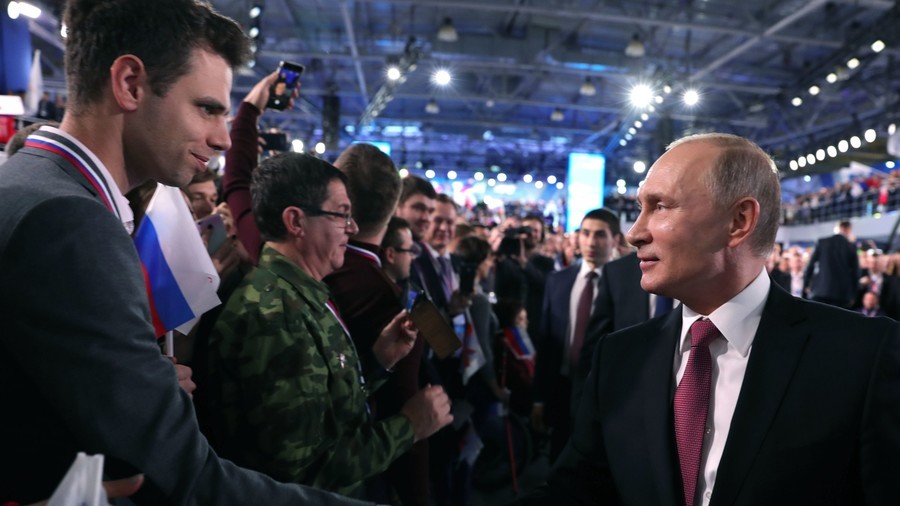Duterte not going to Brussels
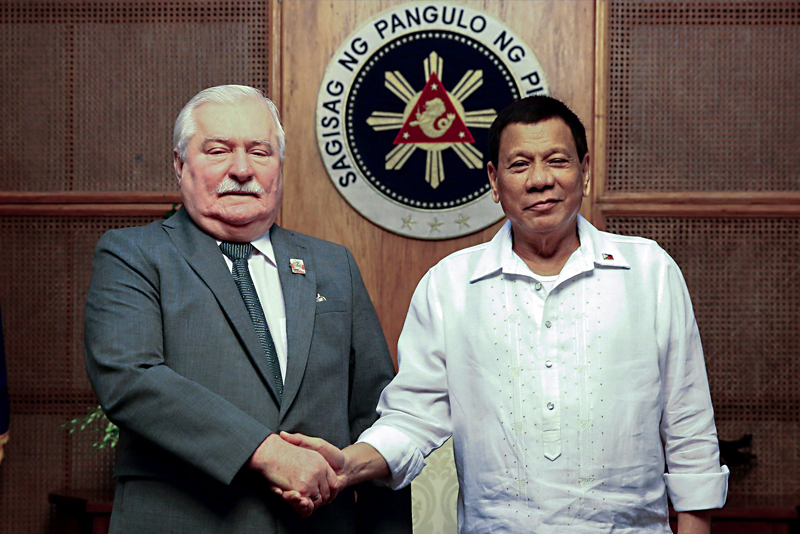
Prime ministre R. Duterte said that he is not keen on attending the 12th Asia-Europe Meeting on Oct. 18 and 19 in Brussels, Belgium. Duterte adamant in turning down 6.1 million euros (about P382 million) in trade-related assistance from the European Union (EU) because he don’t like eurepean values neither the fact that they continued to be imperialists by imposing their values on Filipinos. It was happened for examble about Duterte’s drug war.



